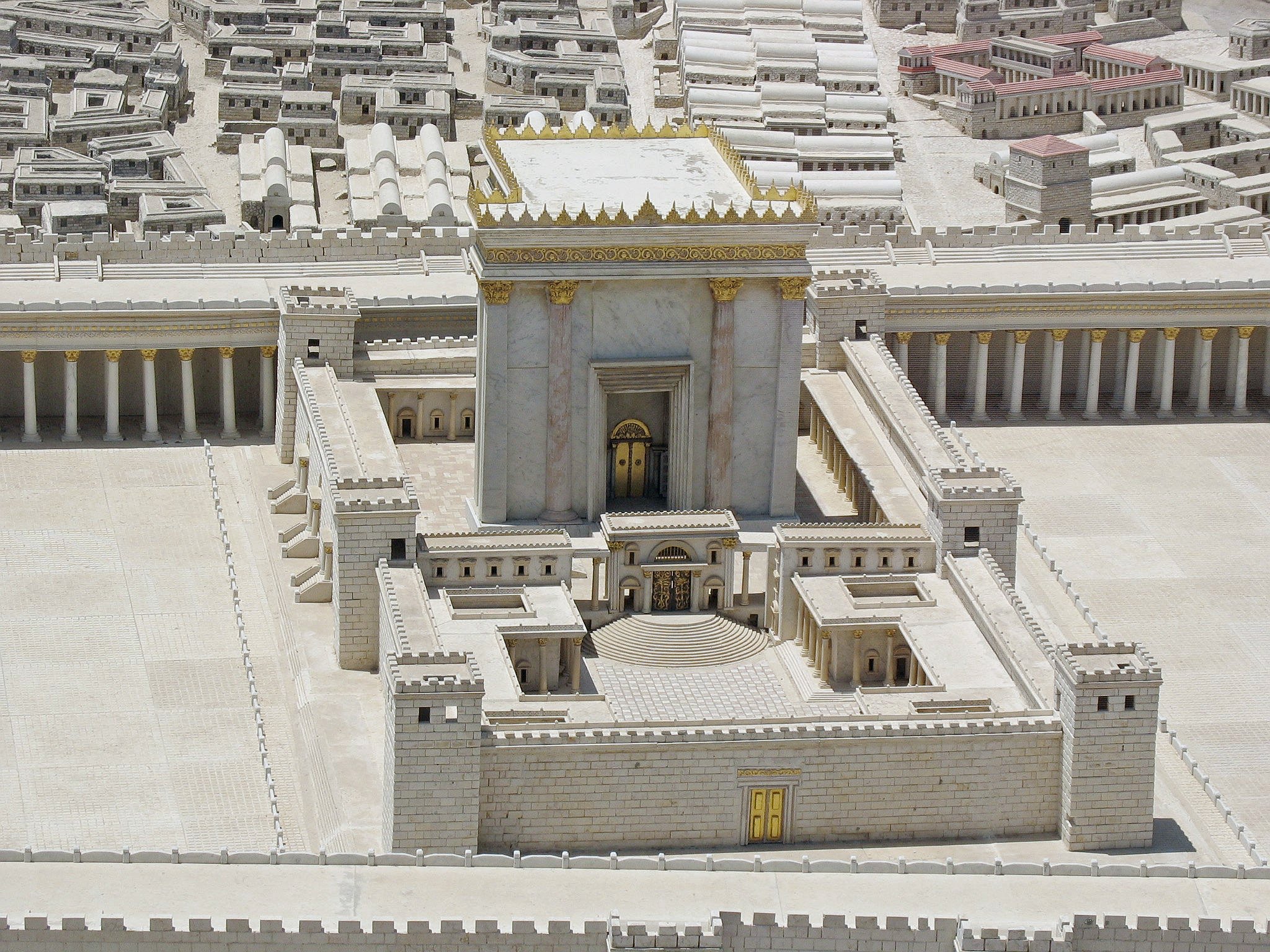When, thousands of years ago, our Sages instituted the annual cycle of Torah readings, they established the calendar such that this week’s reading, Devarim, opening the Book of Deuteronomy, universally comes during the week of the Ninth of Av. 9 Av, of course, is the day that both Holy Temples were destroyed, along with other tragedies at different times in history. It is a national day of mourning.
The actual, historical connection in the Torah to this date on the calendar is found in Parshas Sh’lach, which we read just over a month ago. When the spies returned to deliver their negative report about the Holy Land, the people mourned for no reason, failing to trust in G-d’s promise. That was the evening of the 9th of Av, per Rebbe Yochanon in the Talmud (Taanis 29a), and HaShem said, “You cried baselessly, and I will make it for you a day of crying for generations.”
There are, however, multiple connections between this week’s parsha and 9 Av. Moshe rebukes the nation, describing how they had to wander in the desert until the generation of the spies had died out. Though the readings are only a month apart this year, historically one was 38 years later than the other. Moshe was speaking to a different generation, the one that would enter the land. He was reminding them what had happened, and why.
In our reading, Moshe also describes the difficulty of leading the congregation: “How can I alone lift your troubles, your burdens, and your arguments?” [1:12] This explained why the people needed judges, leaders at multiple levels able to resolve disputes. Rabbi Shlomo Yitzchaki (Rashi) explains that those who had a disagreement would bother the judges with additional arguments and unnecessary witnesses in order to win any dispute. People would also look to find fault with Moshe no matter what he did: if he left his tent early, he must have domestic problems; if he left late, he stayed home thinking about bad advice to give. They grumbled and complained. It was all too much for one man to bear!
The same word that begins that verse, Eichah, also opens the Book of Lamentations read on 9 Av: “How does she sit alone, this city of so many of the nation, is now like a widow…” And a homonym is found in Genesis, immediately after Adam and Chava (Eve) violate the Commandment they were given and eat from the Tree of Knowledge: “And HaShem, G-d, called to the man, and said to him, ‘where are you?'” [Gen. 3:9] “Where are you” is one Hebrew word, Ayekah, that has the same spelling.
There is a connection between all of these three things: distance from G-d, such that He must call Adam as if looking for him; distance from each other, expressed in unnecessary arguments, disagreements, and complaints; and the destruction of our Temple and exile of our nation.
May we strive to come back closer to G-d, come closer and unite together as a people, and be ready for the rebuilding of our Temple speedily in our day.




